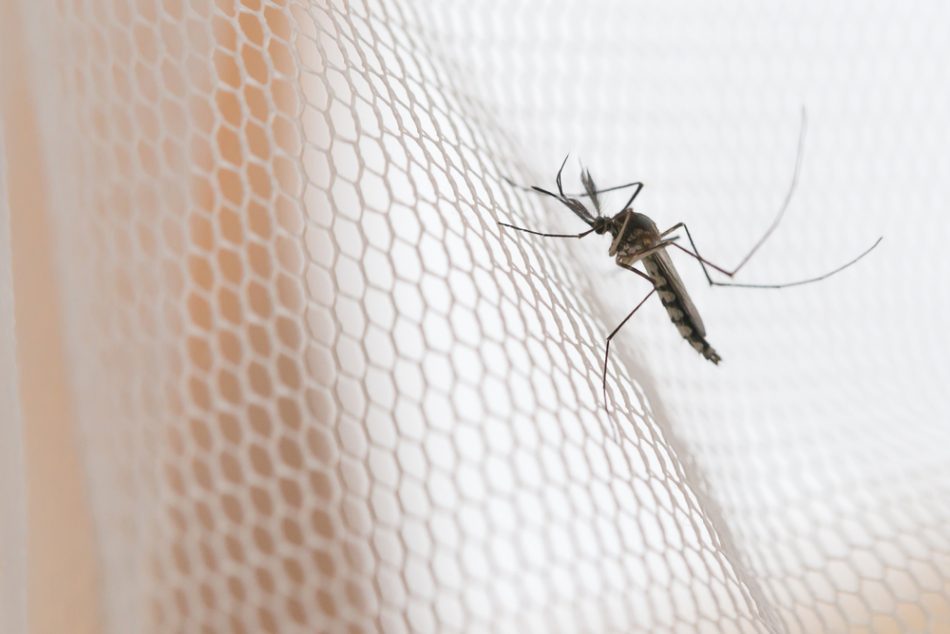
Bandage-like malaria test delivers results in minutes
Testing for malaria could become as simple as putting on a band-aid. At least, that’s what a recent medical development promises with a simple device featuring a microneedle patch that can rapidly detect the presence of malaria. The novel test taps into protein biomarkers contained in Read More...

Crystallized insecticide is 12 times better at fighting malaria mosquitos
One of the main challenges to curbing the number of malaria-infected cases each year is the ability of the mosquitos that carry the disease to develop resistance to insecticides. Thankfully, researchers and public health officials are incessantly seeking alternatives with new modes of Read More...

Researchers discover microbe that completely stops malaria
A team of researchers in Kenya and the UK say they have discovered a microbe that completely protects mosquitoes from being infected with malaria. The researchers say the finding has "enormous potential" to control the disease. After all, malaria is spread by the bite of infected mosquitoes, so Read More...

How the basic bed net has been revamped to kill malaria-spreading mosquitos
Not only do bed nets help protect people against mosquito bites, but if those nets are treated with an insecticide, they also kill any of the insects that touch them. A simple new technology could make such nets much more lethal to mosquitoes, yet also safer for humans. Utilizing video tracking Read More...

Scientists find Achilles’ heel of malaria-transmitting mosquitos
Nearly half the world's population lives in areas vulnerable to malaria which kills roughly 450,000 people every year. And while it's tempting to spray heavily for the mosquitoes that spread the disease, the suckers have developed resistance to conventional insecticides – also believed to be Read More...

Scientists genetically modify fungus to wipe out malaria-carrying mosquitos
According to the World Health Organization, an estimated 435,000 people die of mosquito-transmitted malaria each year, a parasitic disease that is both preventable and treatable. Numerous technologies and products have been developed to kill and halt the spread of mosquitos, including chemical Read More...

Algeria and Argentina hit important milestone in global fight against malaria
The World Health Organization (WHO) has officially recognized Algeria and Argentina as malaria-free countries, a historic achievement in fighting the mosquito-borne disease, which has been making a comeback globally. Contracted through the bite of an infected mosquito, malaria remains one of the Read More...

Pioneering malaria vaccine to roll out in Malawi
Malaria is one of the world’s leading killers, claiming the lives of over 250,000 children in Africa every year. Researchers have been trying for decades to come up with a viable solution to this global health problem, but haven’t made much progress. That is, until recently. This week, the Read More...

Origami-like paper sensor diagnoses malaria quickly and easily
Malaria is one of the most dangerous infectious diseases in the world, and after decades of progress, the number of cases is rising again. The main problems is that in rural areas, access to accurate diagnostic tools aren’t always available—especially affordable ones that work efficiently. Now Read More...


